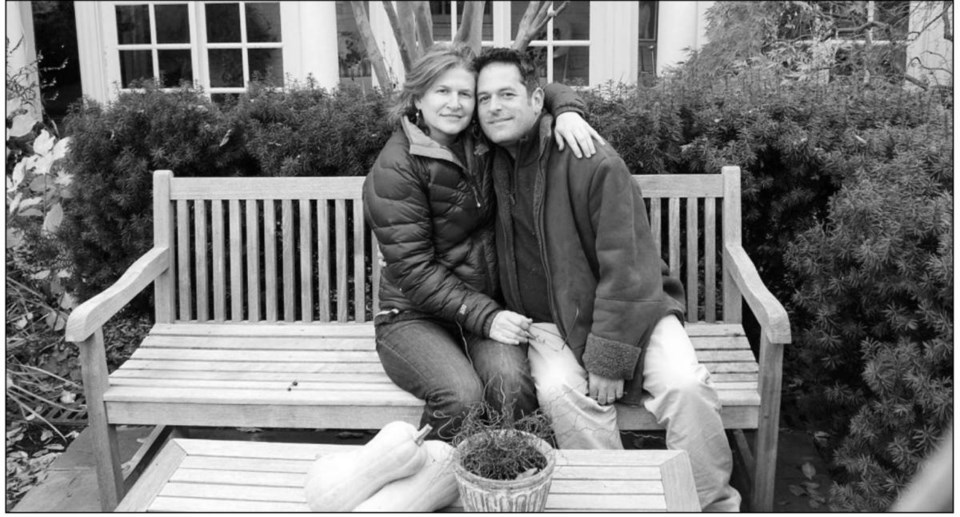There is no good way to refer to an older person's live-in companion. And by older, I mean older than 30.
This came to my attention in reading the obituary for a man who, after 18 years of living with my mother in a serious, committed, loving relationship, died at age 95. That's no boyfriend. She's no girlfriend. But neither was she his wife. She was referred to in the obituary as his "domestic partner."
"Domestic partner" is, in some state and local governments, a legal designation that clarifies benefits to unmarried couples. In general usage, though, "partner" might imply that they were gay or in business together, neither of which was true. "Partner" may be the least romantic way to describe your significant other - except for "significant other."
"Boyfriend," meanwhile, sounds juvenile and flippant. "Companion" calls to mind a golden retriever, or a paid position. "Gentleman friend" is old-fashioned and unserious. Swain? Beau?
Lover? Plus One? With divorce rates high, and people surviving spouses for decades, older Americans are commonly dating and cohabiting without any practical terminology.
"The over-50, not-married couple needs their own moniker," says Felice Shapiro, founder of the website Betterafter50.com. "The one I really like is 'life partner.' It's hopeful."
Bob Levey, a Washington Post columnist who used to run a monthly contest to create new words, once asked for suggestions on this topic. The winner: "ger-amour." Runners up included "main geeze" and "slowthario."
"There is simply no good term," says Julie Rosen, 46, who lives in Philadelphia with Ira Fingles, their seven-year-old daughter and her 18-year-old son from a previous relationship. "Significant other is just too much of a mouthful - too p.c. serious." Rosen uses the term "partner," while Fin-gles calls her his "faux wife." It started as a joke, but, "if there was another, better word, 'faux wife' may have been a shorter-lived joke."
When will we get a workable term that is not a joke? Are all the terms uncomfortable because we are still uncomfortable with people living this way?
Wendy Kline, a history professor at the University of Cincinnati who looks at women's history and social movements, thinks so. The label issue "stems from the larger historical discomfort with crediting a woman with any sort of status outside of marriage," she says.
For both genders, a committed relationship outside marriage begs "society's understanding of what's permanent and what's not," says Debbie Weiss, a clinical social worker in Louisville, Kentucky.
Without a comfortable expression, introductions are awkward, explanations to family members embarrassing. Partners need terms to communicate their own expectations, as well as convey the nature of their relationship to the world.
Marriage "is a convenient social shorthand," says Nick King, 42, who has a daughter with live-in partner Jennifer Fishman. "If you strip away all the religious and legal trappings of marriage, it continues to be a way to efficiently signal one's commitment and seriousness to others."
There is less tension surrounding the issue in Montreal, where King and Fishman are university professors. They prefer the term "partner," but note that in Quebec, "spouse" signifies the same thing. Last year, Facebook, a sure trend watcher, offered two new relationship-status options: "in a civil union" and "in a domestic partnership."



